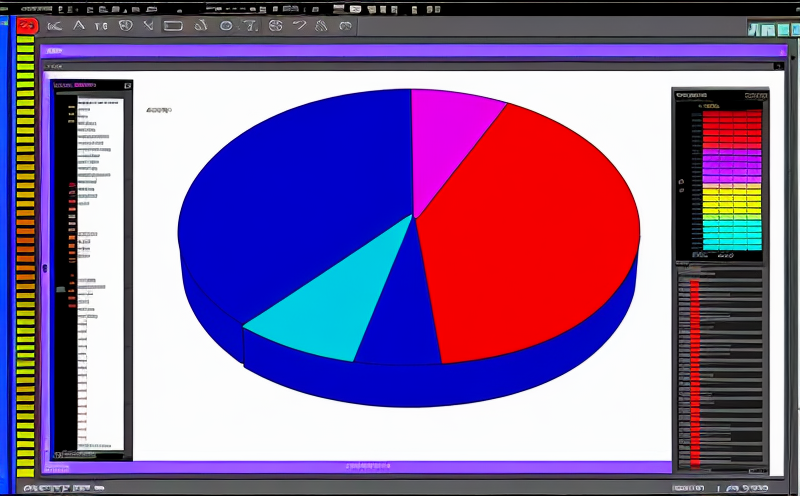EN ISO 75 Heat Deflection Temperature Testing
The EN ISO 75 standard outlines a method for determining the heat deflection temperature (HDT) of plastics. This critical property assesses how much a material can withstand before undergoing permanent deformation under load, which is essential in ensuring that materials perform reliably under thermal and mechanical stress conditions.
For quality managers and compliance officers, this test provides assurance that materials meet specific regulatory requirements and performance expectations. R&D engineers rely on HDT testing to optimize the design of new products by selecting appropriate thermoplastics capable of withstanding operational temperatures without deformation. Similarly, procurement teams use these results for sourcing components knowing they will function reliably in target applications.
The process involves placing a standard specimen under load and then gradually heating it until it bends or deflects to a specified angle. The temperature at which this occurs is recorded as the heat deflection temperature. This test can be performed on various types of plastic parts, such as automotive components, electrical insulation materials, and packaging.
The required specimen dimensions for EN ISO 75 are precisely defined in the standard to ensure accurate comparisons between different materials. Specimens undergo conditioning prior to testing using a controlled environment chamber set at specific relative humidity levels to simulate real-world conditions accurately.
Instrumentation used includes universal testers capable of applying both vertical and lateral loads on specimens while maintaining precise temperature control throughout heating cycles. Compliance with international standards like EN ISO 75 ensures consistent, reproducible results across laboratories worldwide, enhancing the reliability and validity of test outcomes.
- Standardized Test Specimens: EN ISO 75 specifies rectangular specimens measuring 10mm x 15mm with a thickness ranging from 3mm to 6mm depending on the type of plastic being tested.
- Load Application: A constant load of 49 Newtons (approximately equivalent to 5 kilograms-force) is applied uniformly across both ends of the specimen before starting temperature increases.
- Temperature Control: The rate at which the temperature rises should be controlled within ±1°C per minute, ensuring consistent heating conditions for all samples.
The accuracy and precision of these tests are crucial for industries relying on thermoplastics. Misinterpretation or non-compliance with EN ISO 75 could lead to material failures in critical applications leading to potential safety hazards or costly recalls. By adhering strictly to this method, manufacturers can ensure their products meet stringent quality standards.
In summary, EN ISO 75 Heat Deflection Temperature Testing plays a vital role in the development and certification of thermoplastic materials used across numerous sectors including automotive manufacturing, electronics packaging, and medical devices. Its importance lies not only in meeting regulatory requirements but also in providing valuable insights into material performance under realistic operating conditions.
Eurolab Advantages
At Eurolab, we offer comprehensive EN ISO 75 Heat Deflection Temperature Testing services tailored to meet the needs of our diverse clientele. Our state-of-the-art facilities equipped with advanced instrumentation ensure that every test adheres strictly to international standards.
- Precision and Accuracy: Using high-resolution thermal analyzers, we can measure temperature changes down to tenths of degrees Celsius, guaranteeing accurate HDT results.
- Rapid Turnaround Times: Our experienced technicians streamline the entire testing process, delivering timely reports that are crucial for decision-making in product development cycles.
- Comprehensive Reporting: We provide detailed test records and certificates of conformity, supporting compliance with international standards while offering actionable insights into material performance.
We pride ourselves on providing not just reliable testing but also proactive support throughout the entire testing lifecycle. From initial consultation regarding sample preparation to final analysis and reporting, our team ensures that clients receive personalized attention and expert guidance every step of the way.
International Acceptance and Recognition
- American Society for Testing and Materials (ASTM): ASTM D648, which corresponds to EN ISO 75, is widely recognized in the United States.
- Institute of Electrical and Electronics Engineers (IEEE): IEEE standards often reference EN ISO 75 as a key metric for evaluating plastic materials used in electronic components.
- International Organization for Standardization (ISO): As part of the ISO family, EN ISO 75 enjoys global acceptance and is mandatory in many countries.
The widespread adoption of these standards across industries ensures that HDT testing remains a cornerstone of quality assurance practices globally. This consistency allows manufacturers to confidently compare test results between different regions and laboratories, fostering international trade and collaboration.
Environmental and Sustainability Contributions
Incorporating EN ISO 75 Heat Deflection Temperature Testing into your quality assurance protocols can contribute significantly to environmental sustainability efforts. By selecting materials that perform reliably under thermal stress, manufacturers reduce the risk of product failures which could result in waste generation.
Furthermore, optimizing material performance through rigorous testing helps extend the service life of products, thereby reducing overall resource consumption and energy requirements associated with frequent replacements. This approach aligns directly with broader sustainability goals aimed at minimizing environmental impact throughout a product’s lifecycle.





